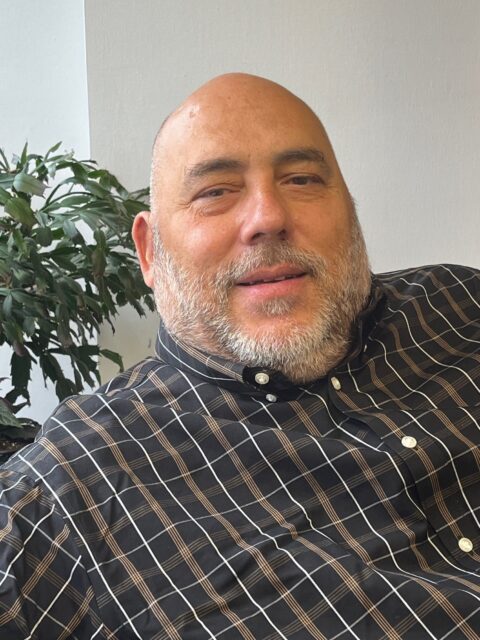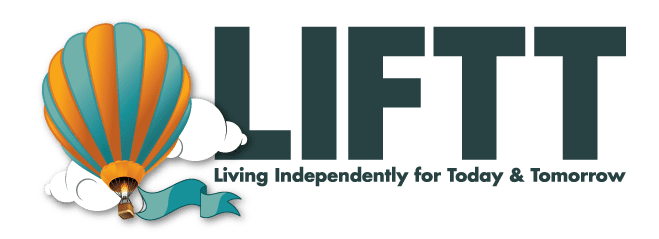
Executive director Carlos Ramalho writes that LIFTT has shown and needs to continue to show the ability to adapt to changing circumstances.
LIFTT’s work on behalf of the aging and disabled population of South-Central and Southeastern Montana is a unique blend of technical and adaptive approaches. Our technical prowess is evident in our use of existing legislation such as the US and Montana Constitutions, the Rehabilitation Act of 1973 (Rehab Act), the Americans with Disabilities Act (ADA), the Workforce, Innovation and Opportunity Act (WIOA), policies and procedures, protocols, expertise, know-how, and best practices to tackle daily practical and methodological challenges. However, it is our adaptive nature that truly sets us apart. We thrive when facing challenges that demand innovation, creativity, flexibility, and thinking outside the box. These adaptive challenges are a constant in our ever-changing world, where rapid change necessitates continuous learning and adaptation. Whether technical or adaptive, it is for the sake of the communities we serve.
Adaptive challenges are situations in which solutions lie outside the daily routine. They are unique and require LIFTTs to think outside the box. We know we are dealing with an adaptive challenge when applying existing procedures, and know-how does not provide the solution needed. A clear example of an adaptive challenge is the COVID-19 pandemic, which forced LIFTT to do things differently because it turned everything upside down. Another example of the adaptive challenge was the disaster (pipe bursting flooding) LIFTT experienced in March 2024.
LIFTT’s approach to solving adaptive challenges is rooted in collaboration. We believe the best solutions are not confined to our team’s expertise or daily routine. Instead, we actively involve the individuals and communities we serve in developing and implementing creative and innovative solutions. This inclusive approach to problem-solving is a testament to LIFTT’s belief that effective adaptive solutions can only be found through a combination of adaptive and technical work.
Gone are the days when independent living challenges were only technical. LIFTT’s team must adapt to solve challenges that do not have easy solutions and know that the solutions do not come from their technical expertise but rather from a process of learning and adapting, which is the key to moving the collaborative group in a positive direction. An excellent example of collaboration is the recent migrant to Electronic Visit Verification (EVV), a new system implemented by Montana Medicaid to increase productivity, reduce personal care assistants’ time writing timesheets, and allow for more time to devote to the person they care for.
We believe that LIFTT has faced enough adaptive challenges and evolved to learn new ways of thinking, doing, and being so that we do not risk extinction. It is not productive to consider adaptive work as involving loss. We recommend viewing it as an opportunity to develop new competencies, experiment, risk, and time. Because of these factors, LIFTT decided to adapt and lead our partners, consumers, and communities into investing in the future of independent living.
The resistance to adapt that we tend to deal with is the resistance to loss. Humans tend to fear the unknown and lose what is essential to them. In adaptive work, however, we must try new and different solutions. Inherent in adaptive work is the need to become comfortable with not knowing the next move. There is also the issue of allowing time for adaptive solutions to have an effect and not reacting too quickly to the discomfort that comes with not knowing.
We extend you a warm invitation to join us in our adaptive adventure. Your unique perspectives and contributions can help us navigate the complex landscape of adaptive challenges, and together, we can make a significant difference in the lives of the communities we serve.
Thank you,
Carlos Ramalho, Executive Director
About Living Independently for Today & Tomorrow (LIFTT): LIFTT is a Montana 501(c)3 corporation organized as a Center for Independent Living (CIL). With team members based in Billings and Glendive, LIFTT provides people with disabilities with programs and services that help empower them to break down the physical, bureaucratic, and cultural barriers that prevent them from being fully independent participants in their lives and communities throughout 18 counties in southeastern and south-central Montana: Big Horn, Carbon, Carter, Custer, Dawson, Fallon, Garfield, Golden Valley, McCone, Musselshell, Powder River, Prairie, Richland, Rosebud, Stillwater, Treasure, Wibaux, and Yellowstone. For more information, please visit liftt.org or download our mobile app for your Apple or Android Device.
